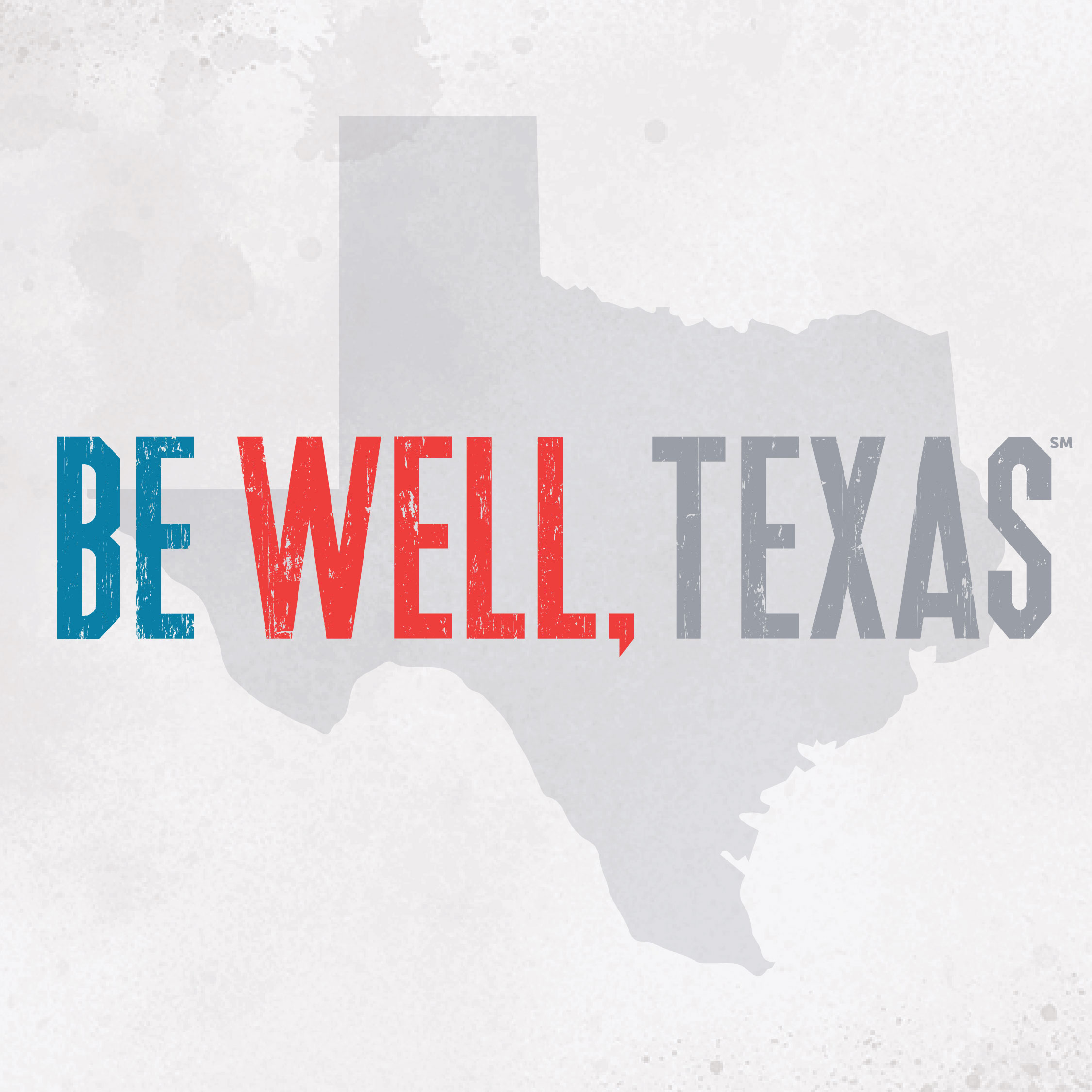Four-year, $2 million federal grant will more than double rural providers
Contact: Steven Lee, 210-450-3823, lees22@uthscsa.edu
SAN ANTONIO, Dec. 1, 2022 – UT Health San Antonio has received a four-year, $2 million federal grant to expand its substance use disorder response program, Be Well Texas, to the state’s 178 rural counties that have limited or no access to resources and support addressing opioid addiction.
With the Health Resources and Services Administration (HRSA) grant, Be Well Texas will lead and assist a consortium of 28 rural provider organizations in building a responsive behavioral health care delivery system with the capacity to reduce the morbidity and mortality of opioid use disorder, or OUD, among Texas’ rural residents.
That will more than double Be Well Texas’ current provider network of 12 rural providers. The growth coupled with Be Well Texas’ telehealth capacity will ensure the availability of opioid use disorder treatment services in all of the state’s rural counties.

“Deaths from opioid-related overdose are one of the greatest health failures of our time, and partially attributable to unfairly distributed treatment resources,” said Briseida “Bee” Courtois, MSW, LCDC, Be Well Texas provider network program manager and director of this grant project. “These types of need disparities led UT Health San Antonio to launch the Be Well Texas network.”
A rural disparity
That disparity appears to be more pronounced in rural than in urban areas. More opioid prescriptions are dispensed to Texas’ rural residents per-capita than to urban residents, which likely has become a source of supply for illegal drug markets and contributor to increasing overdose rates.
For example, while opioid pills were distributed at a rate of 29.4 per person living in Bexar County each year from 2006 through 2014, the rate was 88.3 in Young County in North Texas, according to a Washington Post analysis of a database maintained by the U.S. Drug Enforcement Administration.
Other rural counties: Childress (76.2), Wilbarger (75.2), Brown (68.1), Palo Pinto (66.9).
Bexar County’s number was similar to other urban areas: Harris (35.6), Dallas (28.6), Travis (26.0), El Paso (16.3).
Opioid death rates in Texas might actually be higher than thought since the majority of the state’s rural counties do not report opioid-related mortality. This coupled with the fact that state data systems do not distinguish between urban and rural overdose deaths make it difficult to quantify the number of opioid-related deaths in Texas’ rural counties.
The new rural consortium will be a subset of the existing statewide Be Well Texas program, currently serving more than 10,000 adults annually and consisting of 76 contracted Medication-Assisted Treatment (MAT) and/or Office-Based Opioid Treatment (OBOT) providers delivering substance use treatment – for opioid use, alcohol use, stimulant use and other substance use disorders – as well as non-severe mental health treatment and peer recovery supports. Commonly used substances include prescription and synthetic opioids, including fentanyl, and heroin.
Aligning with HRSA goals
The consortium’s objective aligns with the goals of HRSA’s Rural Communities Opioid Response Program-Behavioral Health Care Support: to build capacity to deliver low-barrier, digital and/or in-person OUD treatment and recovery support services according to participant needs and preferences.
Key strategies are:
- OUD treatment, telehealth – Rural residents with the capacity for and interest in digital communications will receive telehealth care from Be Well Texas, including medication management, individual and family counseling, medication-assisted treatment, case management and peer recovery supports. Medication will be delivered through the mail or administered at a local pharmacy, and compliance will be monitored and support services provided according to a pre-determined schedule of digital contacts.
- OUD treatment, in-person – Rural residents without internet access or those preferring more traditional in-person care will be able to obtain MAT and counseling from 28 rural providers scattered across the state. Since Texas’ rural residents often work outside of their home county, they also can receive services from the network’s 59 additional MAT and OBOT centers located in small towns and urban centers.
- Recovery Support Services (RSS) – This is an evidence-based practice that includes support and assistance from a person with lived experience of a substance use disorder, as well as wrap-around services. The rural consortium will have access to Be Well Texas’ network of 11 RSS programs (expanding to 18 by the end of 2022), either in-person or digitally, offering a minimum of two recovery support peer specialists or recovery coaches, and/or reentry peer specialists, per case.
